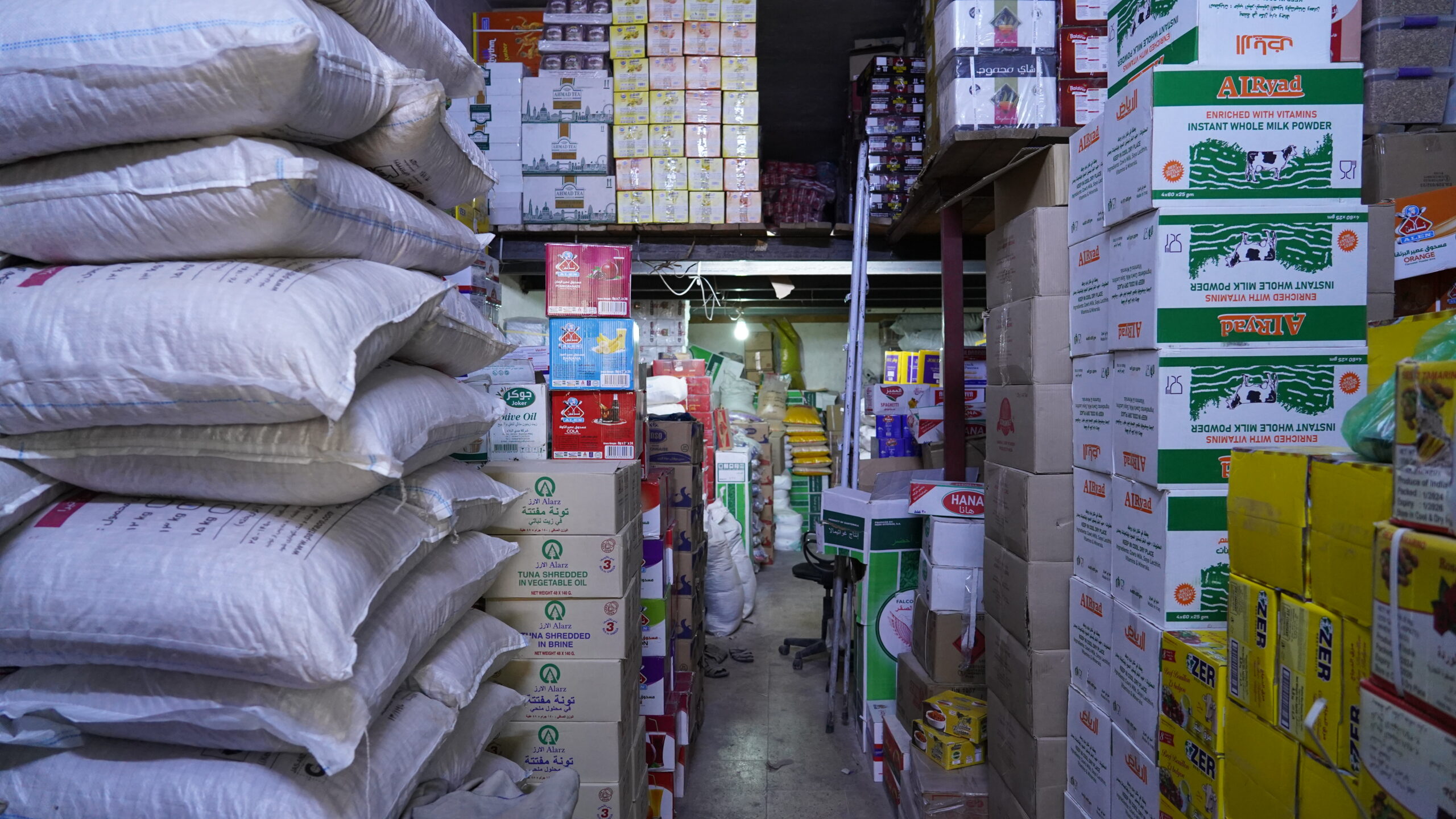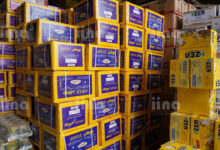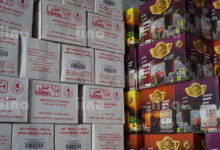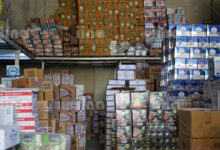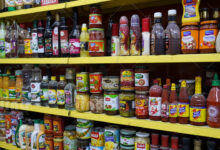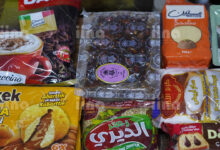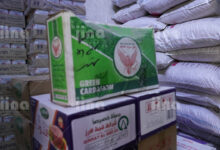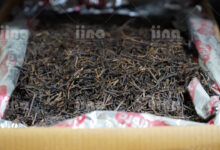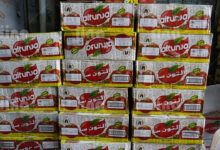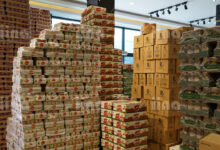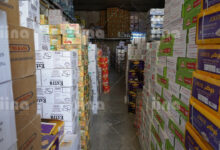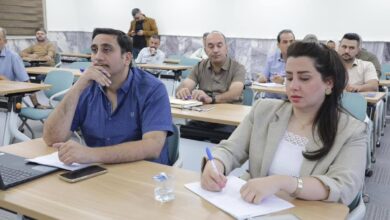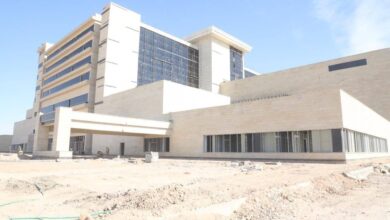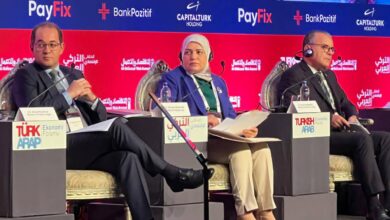The 11th of March marked the start of Ramadan in Iraq, with most people preparing weeks in advance for the Holy month. Because this month alters the typical daily schedule of practicing individuals, it is usually expected for the economy to slow down whilst the working rhythm changes, and practicing individuals may choose to focus on their faith. Despite this expectation, recent indicators from the Iraqi Stock Exchange suggest a different narrative, revealing resilience within the economy one week into Ramadan.
During this month, Iftar becomes the most significant meal of the day, as it marks the end of the daily fast. Ahead of the evening meal, households diligently craft elaborate dishes to satiate their hunger. Consequently, there is a notable surge in the prices of essential commodities ahead of preparations, particularly affecting meats. On average, meat used to cost 18000 IQD, but this year it saw an increase to 33%, with butchers lamenting import prices and customers stressing the need for increased social welfare during this month.
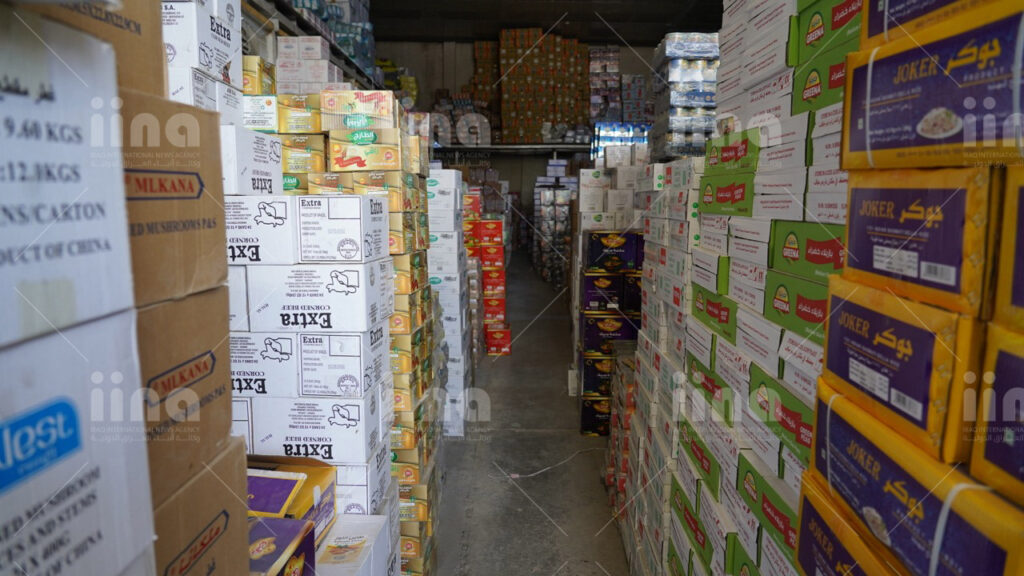
In response to the anticipated rise in meat prices, the Ministry of Agriculture has announced plans for the importation of cattle from Brazil. This initiative aims to alleviate the financial burden on Iraqi households by stabilizing meat prices.
The Ministry of Trade explained how many food items are imported, with rice coming from America, Thailand, and Argentina, cooking oil being imported from Turkey and legumes are sourced from Canada, Turkey, and Argentina.
Furthermore, the Ministry of Trade has explained the diverse range of food items being imported to meet the demands of Ramadan. Rice is sourced from various countries including the United States, Thailand, and Argentina, while cooking oil is imported from Turkey. Additionally, legumes are procured from Canada, Turkey, and Argentina to ensure a sufficient and diversified food supply during this significant period.
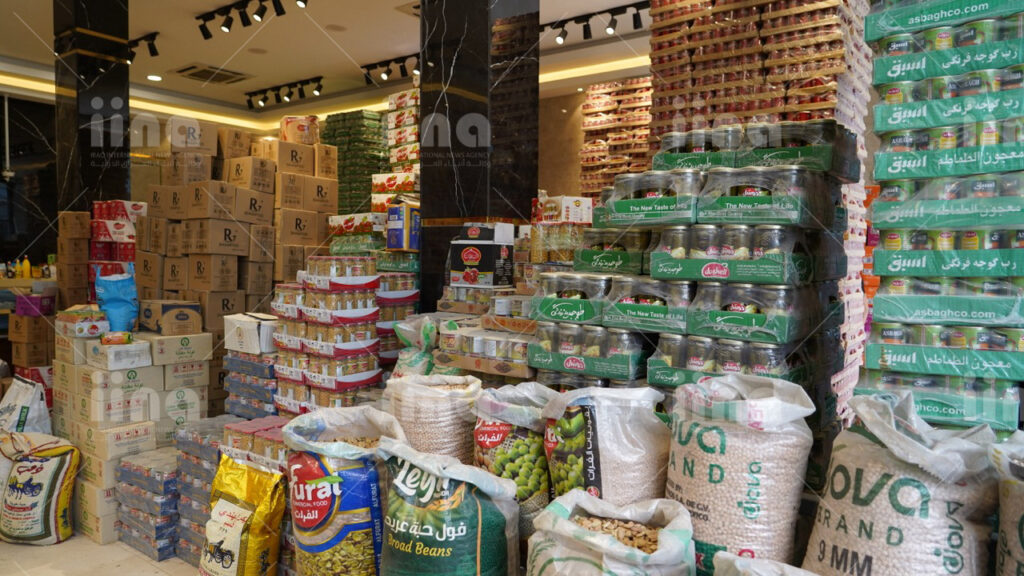
Rami Yassir, the Head of Rabee App Development, shares his insights on the broader economy, noting that the impact of the Holy Month on the Iraqi Stock Exchange performance is limited but can be influenced by various factors such as the financial outcomes of listed companies and market direction. This year, Ramadan coincides with the annual disclosure period, when many companies announce their annual results. The positive results, particularly from major banks, have had a positive reflection on market performance. The Rabee App for Online Trading has also provided an opportunity for small investors to increase their activity in the market during Ramadan, thanks to the rising number of users benefiting from its user-friendly and secure features. Mr. Yassir also mentions noticing a rising number of orders placed during the evening period when fasting individuals have the time to review market trends and make decisions regarding orders.
The widespread availability of online trading platforms, exemplified by the Rabee App, eliminates the need for physical presence or direct communication with traders during fasting hours. Consequently, trading activities can proceed seamlessly, with little to no hindrance.
- Published: 19th March, 2024
- Date Taken: 14th March, 2024
- Location: Baghdad
- Country: Iraq
- Editor: Yasmine Goumri
- Photographer: Firas Hameed Karim
- Category: Economy

